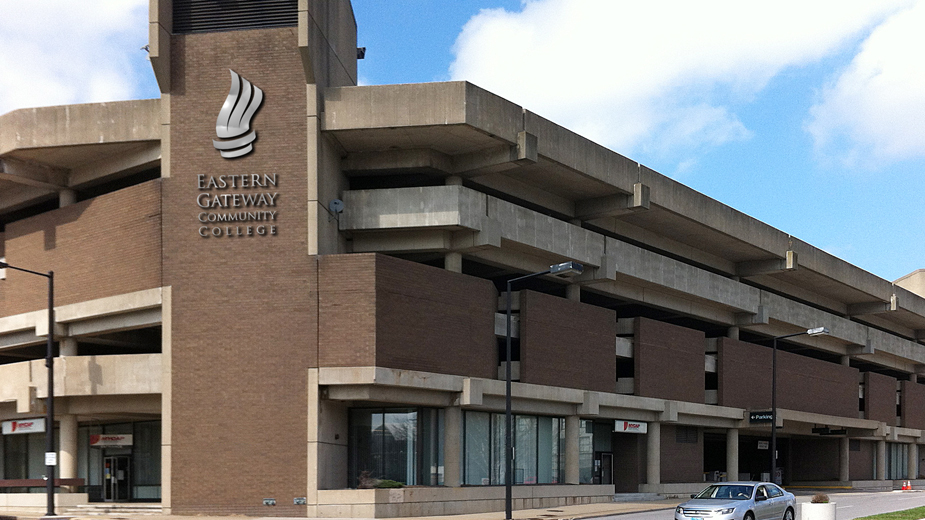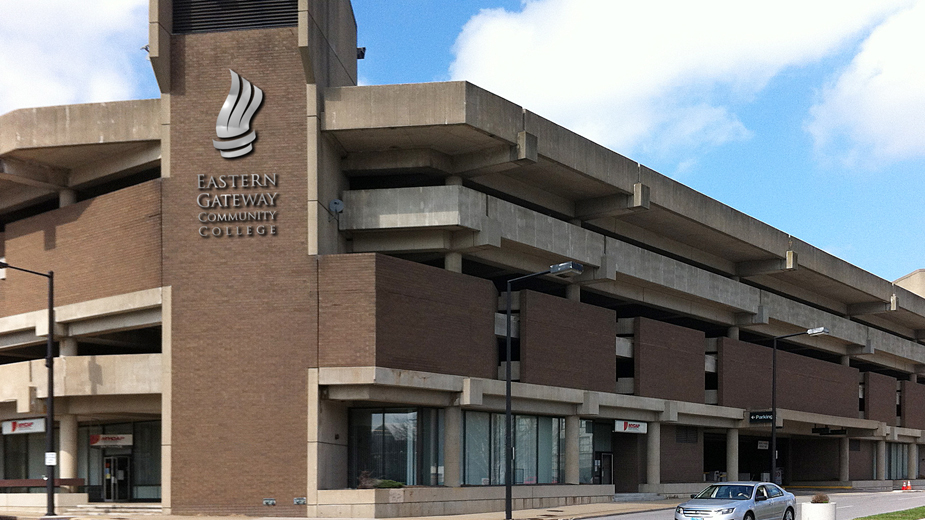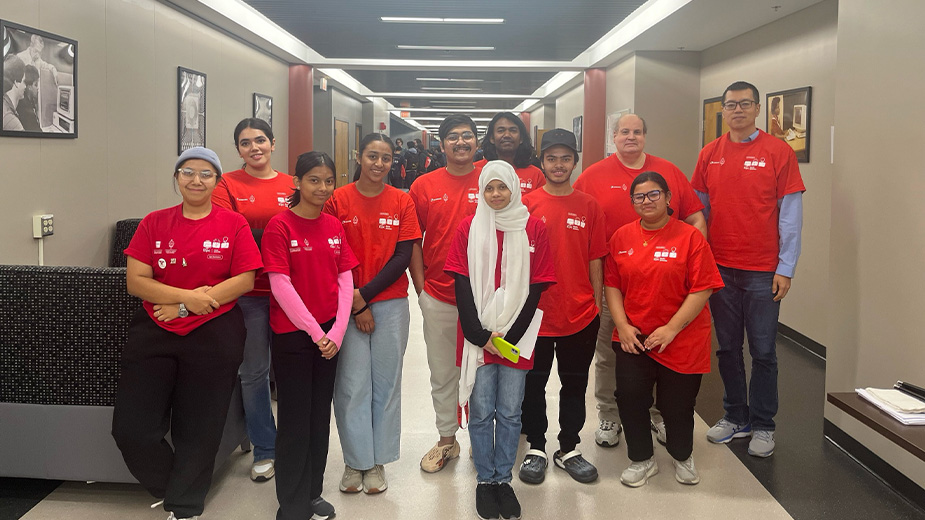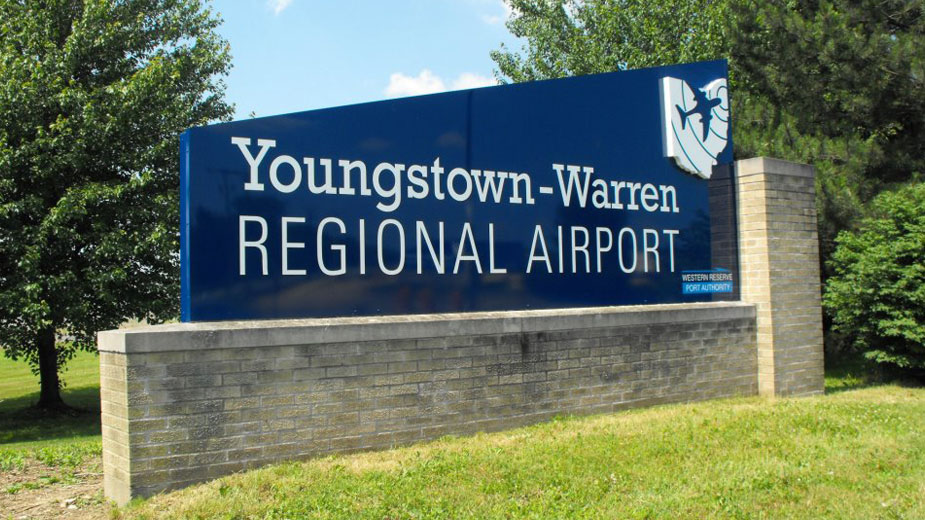EGCC Seeks Injunction to Stop Federal Enforcement Actions Over ‘Free College’
STEUBENVILLE, Ohio –– Eastern Gateway Community College today filed a lawsuit against the U.S. Department of Education and Miguel Cardona, secretary of education, seeking injunctive relief and damages in connection with the July 18 cease-and-desist order that halted the school’s Free College Benefit program and Pell grant funds for new students.
The 26-page complaint was filed Sept. 2 in U.S. District Court for the Southern District of Ohio.
The lawsuit asks the court to stop enforcement of the cease-and-desist order and subsequent enforcement actions that threaten the community college’s ability to continue operations.
It argues that federal officials exceeded their authority, took “arbitrary and capricious action,” failed to provide any recourse for appeal, and violated the college’s right to due process.
“This complaint hopes to bring clarification for over 31,000 students awaiting answers regarding future semesters at EGCC, with the spring 2023 semester opening enrollment in October,” the college said in a news release.
“… This has been highly disruptive for students planning their degree programs, whose average age is 34 years old, working full time, and raising families while pursuing a degree.”
The pleadings begin by noting that scholarships have been provided “to more than 90,000 union-affiliated students through the Free College Benefit Program” over the last seven years.
The issue is how Eastern Gateway and its third-party servicer, Student Resource Center, use Pell grants to fund the program.
Pell grant funds “account for approximately 74.5% of EGCC’s overall revenue,” according to the lawsuit.
“DOE’s actions create certain and imminent financial losses so severe to EGCC that it threatens its continued operations as a community college,” the complaint states.
On Aug. 8, DOE notified Eastern Gateway that it would no longer receive advance payments for Pell grants and instead would have to fully document individual tuition claims before receiving reimbursement.
“The Department has taken this action as a result of serious and systemic issues identified during the ongoing program review being conducted at your institution,” stated Jeremy Early, division chief for the DOE Federal Student Aid office. “In addition to the issues previously raised regarding the financing model of the Free College Benefit Program, the department has identified other concerns that call into question EGCC’s ability to properly administer the Title IV programs and its ability to act in the capacity of a fiduciary.”
EGCC says its “free college” program for union members and their families “follows the last-dollar or last-mile model of free college, in which an entity – including a state government or institution – will pay any tuition remaining at a public college after a student’s existing federal financial aid award is used.”
The program provides “institutional support such as last-dollar scholarships (tuition waivers) up to $3,500 per year for each eligible in-state student, and up to $6,000 per year for each eligible out-of-state student,” the pleadings state.
“While we have tried to engage with the agency on their allegations and directive to cease offering the Free College Benefit Program, they have not responded to our questions, have not commented on our proposed modifications, have not released the program review on which their enforcement actions are based, and have not permitted us to take advantage of the administrative appeals process,” said Eastern Gateway President Michael Geoghegan. “In order to preserve access to education for our students, we had to take this legal action. We are optimistic that the court will agree that there is a better and more equitable way to address the concerns expressed by [Department of Education] officials and help us maintain access to higher education for our students.”
In announcing the lawsuit, Eastern Gateway noted that it “employs hundreds of employees in an economically distressed area of the state. College leadership is committed to opening a two-way relationship with federal and state agencies to resolve any outstanding issues to provide continuity and clarity for students.”
Added Geoghegan, “Our students are often first-generation college students, trying to better their lives by earning an associate degree. They are going to school to be nurses, social workers, paralegals, and accountants to better our communities. They deserve clear communication, and we will continue to advocate for their futures. We seek to provide answers that will allow our students to focus on their studies.”
The case has been assigned to U.S. Judge Sarah D. Morrison, who was appointed in 2019 and hears cases in the Columbus federal courthouse.
Copyright 2024 The Business Journal, Youngstown, Ohio.



